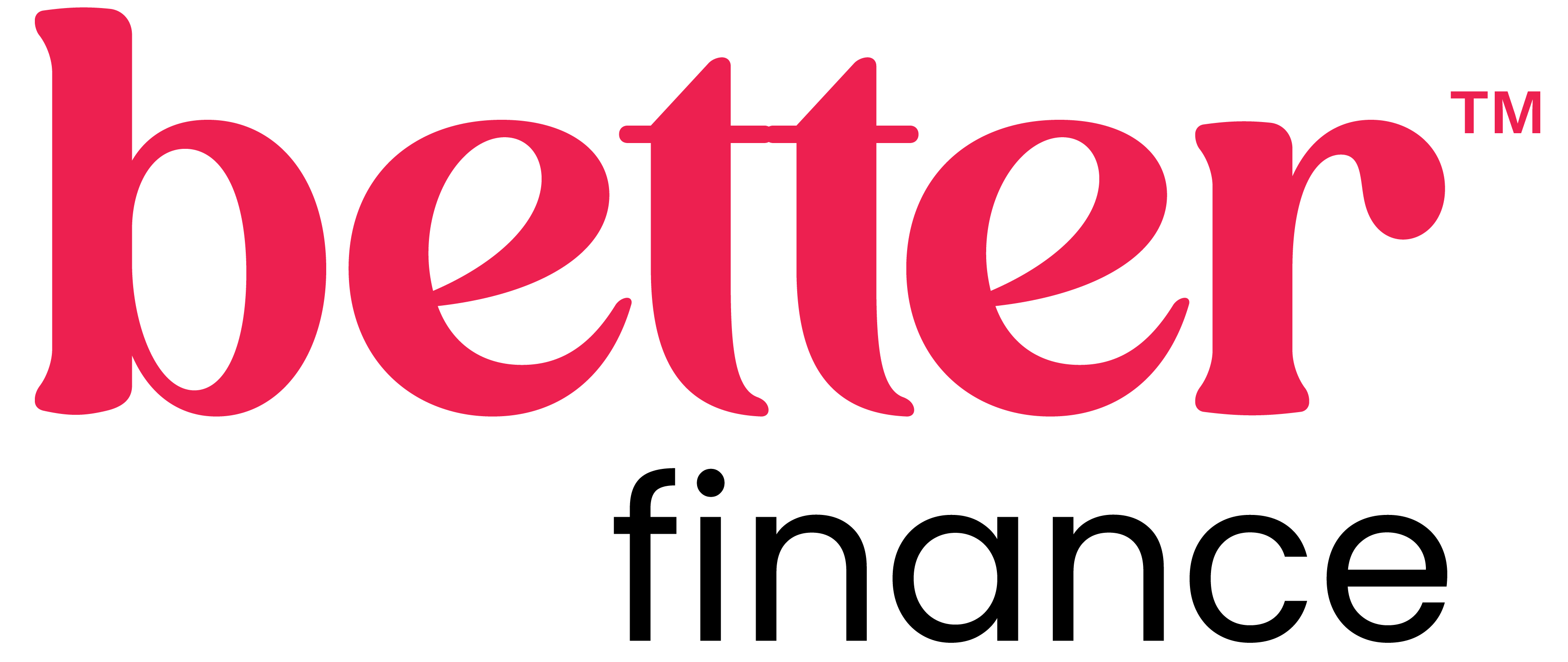.png)
-
Debt might seem intimidating at first, but it doesn't have to be! Some debt can actually be good for you and help you achieve your goals. So, how do you know which debt is worth taking on and which debt to avoid (or keep to a minimum)? As we’ll see, it depends on the type of debt, but also how you manage it. Read on to learn more.
When debt is ‘good’
Ever heard the saying, "You have to spend money to make money"? Debt can be ‘good’ when it allows you to progress in your financial life, grow your wealth, or afford a big-ticket item that you require right now (like a car).
Here are some practical examples:
- Mortgages are often considered ‘good debt’ as they allow you to buy a home or property, build equity and increase your net worth over time.
- Student loans help you finance your education, which can potentially open the door to higher earning potential and career growth.
- Business loans give you the chance to start or expand your business, to potentially generate income and build wealth.
In other words, the ‘secret’ to good debt is that it has the potential to create long-term value. So, what about bad debt?
When debt goes ‘bad’
Sometimes, when it gets out of hand, debt can be a roadblock on your journey to financial success. This happens when debt doesn’t contribute to your long-term wealth, and hinders your financial growth.
It’s important to stress that debt itself is not intrinsically good or bad, but some types of debt are more likely to be ‘bad’ than others. These include for example:
- Credit card debt, where high-interest rates and impulse purchases can make it challenging to pay off. Of course, if it’s paid off in full each month and not incurring interest, credit cards are not ‘bad’ for your financial life, as they allow you to buy what you need, when you need it, and possibly earn rewards in the process.
- Buy-now-pay-later schemes, because when users don’t budget these payments into their finances, it can lead to silent accumulation of debt that is difficult to keep track of. While they don’t attract interest, BNPL options can make it easier to overspend, and if you miss a payment, the BNPL service will most likely charge a late fee on late payments. Afterpay, for example, charge a $10 late fee, plus an additional $7 if the payment remains unpaid seven days after the due date.
What about vehicle loans?
Vehicle loans enable you to purchase a vehicle that you possibly wouldn’t be able to afford otherwise, potentially providing you with essential transportation for work or personal needs. The key thing is to make sure that your vehicle loan is affordable, with manageable monthly payments that fit within your budget. Plus, a vehicle loan can help you build your credit history if you make timely payments.
Here at betterTM, we strive to help Kiwis find personal and vehicle loans that help them meet their needs, goals, and circumstances.
Strategies for mastering your debts
Now that we've distinguished between good and bad debt, how can you manage them effectively?
Here are some straightforward strategies to help you:
- Prioritise paying off higher-interest rate debt;
- Create a budget to keep track of your finances and allocate funds toward paying extra off debts where possible;
- Consider your options for debt consolidation if you have several different debts to repay.
Another key thing is to ask yourself important questions before diving into new debt, like:
- Is this debt necessary? If it's not essential or doesn't provide long-term value, there may be other options worth exploring.
- Can I afford the monthly payments? Take a close look at your budget and financial situation.
- What's the interest rate? Keep in mind that high-interest rates may mean higher repayments or a longer time to pay off the debt.
Looking for your next loan?
Check out better.co.nz. From vehicle finance through to debt consolidation, renovation, and wedding loans, we've got you covered.
Disclaimer: Please note that the content provided in this article is intended as an overview and as general information only. While care is taken to ensure accuracy and reliability, the information provided is subject to continuous change and may not reflect current developments or address your situation. Before making any decisions based on the information provided in this article, please use your discretion, and seek independent guidance.





